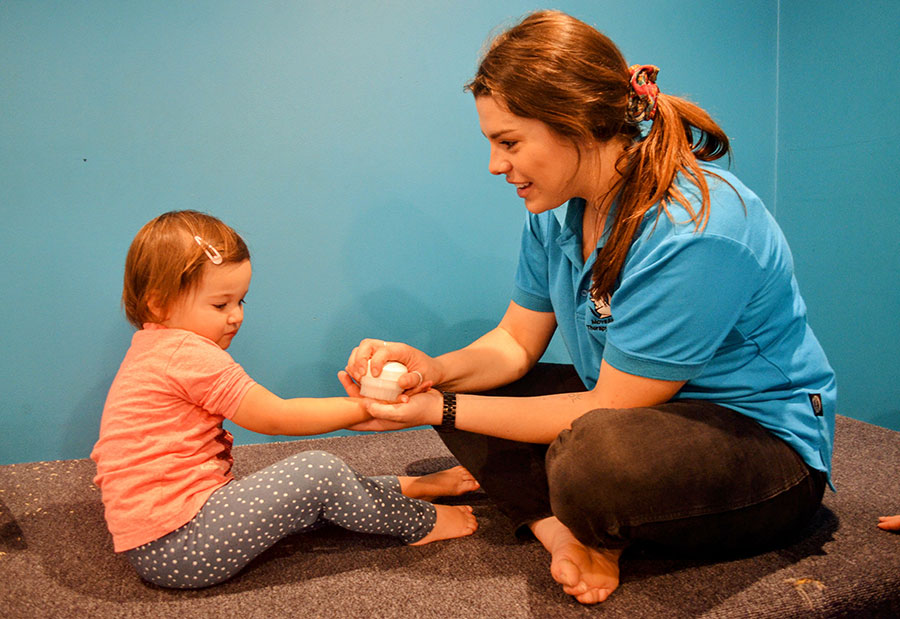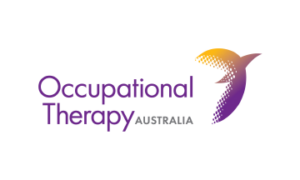How acting early can help your child
Author: Kim Berry, Paediatric Occupational Therapist
5 min read

What is early intervention?
Early intervention is the term used to describe services and support that help babies and young children with developmental delays or disabilities. This might be in the form of occupational therapy, speech therapy, physical therapy, and other services depending on the needs of the child and family.
Early intervention can have a significant impact on a child’s ability to learn new skills and increase their success in school and life.
When is an early intervention worth investigating?
In some circumstances, developmental delay and disability are known factors for a child, and in these instances, health professionals will be guiding early interventions from as soon as birth.
But when developmental delay or disability isn’t obvious, well-meaning friends and family members often tell concerned parents that their toddler will “grow out of it”, that “they’ll catch up”, or that “the range of ‘normal’ is really wide”, and while these things may be true for many children, they are not true for all. The early years are the years when interventions will have the greatest impact, so why take the risk of a ‘wait and see’ approach with your child?
Early intervention is commonly engaged when a child is:
- Missing key developmental milestones such as:
- Gross motor skills
- Fine motor skills
- Regulation skills
- Receptive communication skills
- Expressive communication skills
- Social skills
- learning new things more slowly than other children the same age
- having difficulty participating in daily activities
Why early intervention is important
Simply put, the earlier the better! You know your child better than anyone. So, if you have any concerns about their development, don’t wait – seek support.
Intervention is likely to be more effective when it is provided earlier in life rather than later. Why? Because young brains are incredible and the connections in a baby’s brain are highly adaptable in the first three years of life. These connections, also called neural circuits, are the foundation for learning, behaviour, and health. Over time, these connections become harder to change.
Early intervention services can change a child’s developmental path and drastically improve outcomes for children and their families.
If you have any concerns about your child’s development, your GP is the best place to start your investigations. If you’d like to know more about early intervention and how occupational therapy could help your child, the team at MoveAbout Therapy Services are available for a chat today.
GET IN TOUCH

